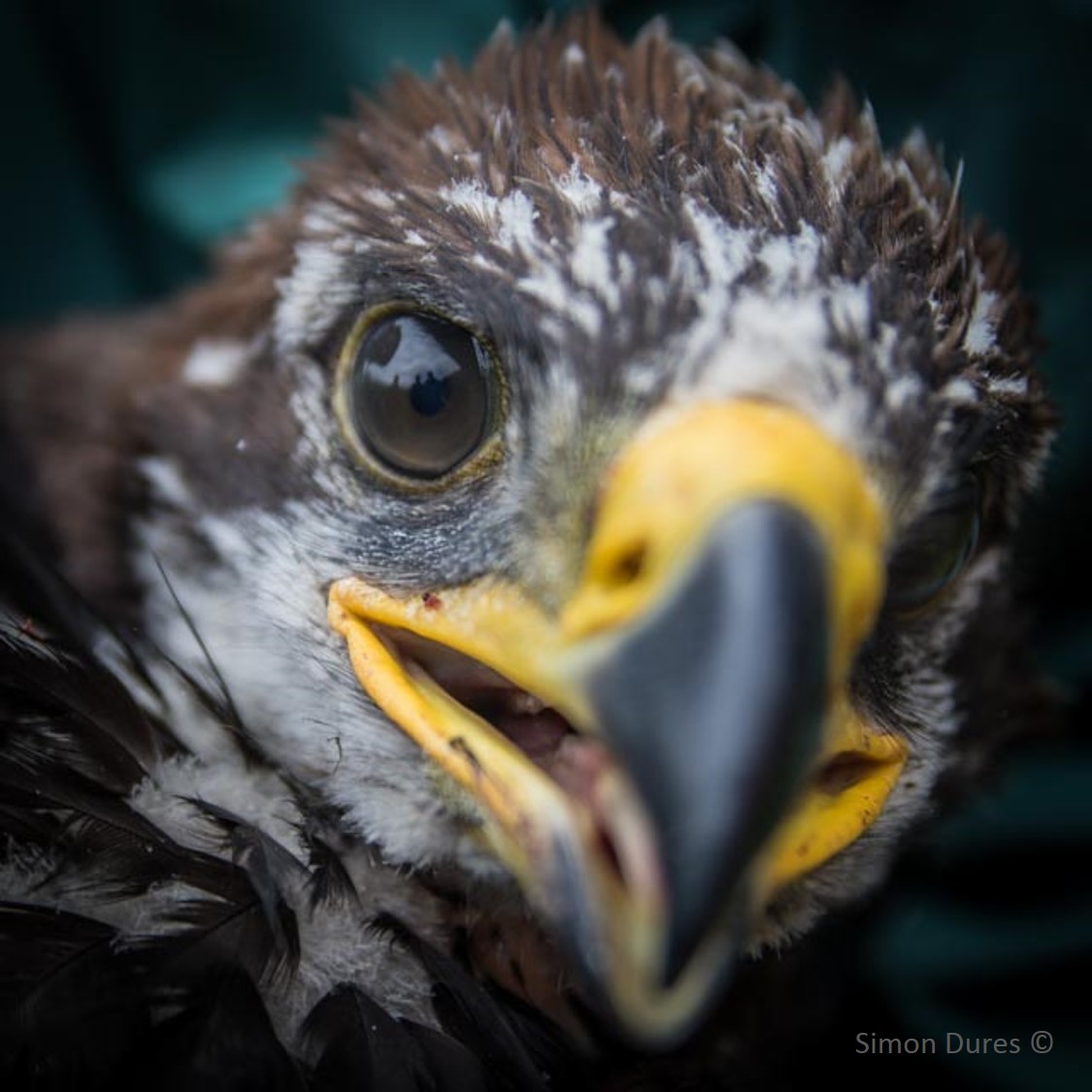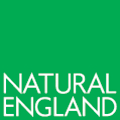Submitted by PBMS Admin on
We thought you might be interested in a news story from our partner scheme in Scotland - the Scottish Raptor Health Study
The number crunching involved in developing haematological reference interval values for golden eagle chicks continues for the Raptor Health Scotland Study.
To determine reference values that will help them to find out if a bird is sick and what is wrong with it, they need to look at a large group of healthy chicks and the variations within the readings of their blood parameters. Doing this with wild individuals is not always straight forward. The clinical examination to discern between healthy and not healthy wild golden eagle chicks happens mostly hanging from a rope whilst taking blood samples from an angry chick. The decision to include or eliminate blood values such as white blood cell count, or cholesterol from unhealthy individuals for what will be the guide for Scottish golden eagle chick reference values, happens whilst staring at a computer. Lately there has been a lot of the latter for Gaby Peniche.
Breaks from the computer work are taken up by post mortem work. Recent findings have helped expand the knowledge for what age wild golden eagles can reach. They received and processed, together with SRUC, what is now considered as the oldest wild golden eagle in the world having reached 33 years of age!: (https://www.bbc.co.uk/news/uk-scotland-highlands-islands-45322932)

Watch their Halloween post mortem work special video: https://gaming.youtube.com/watch?v=f7G4xYcuznY
For more on the project’s work https://www.youtube.com/watch?v=wqlt2LvNjjI






